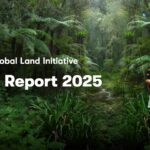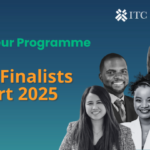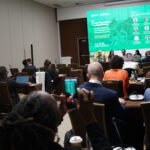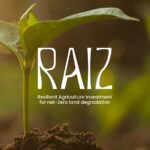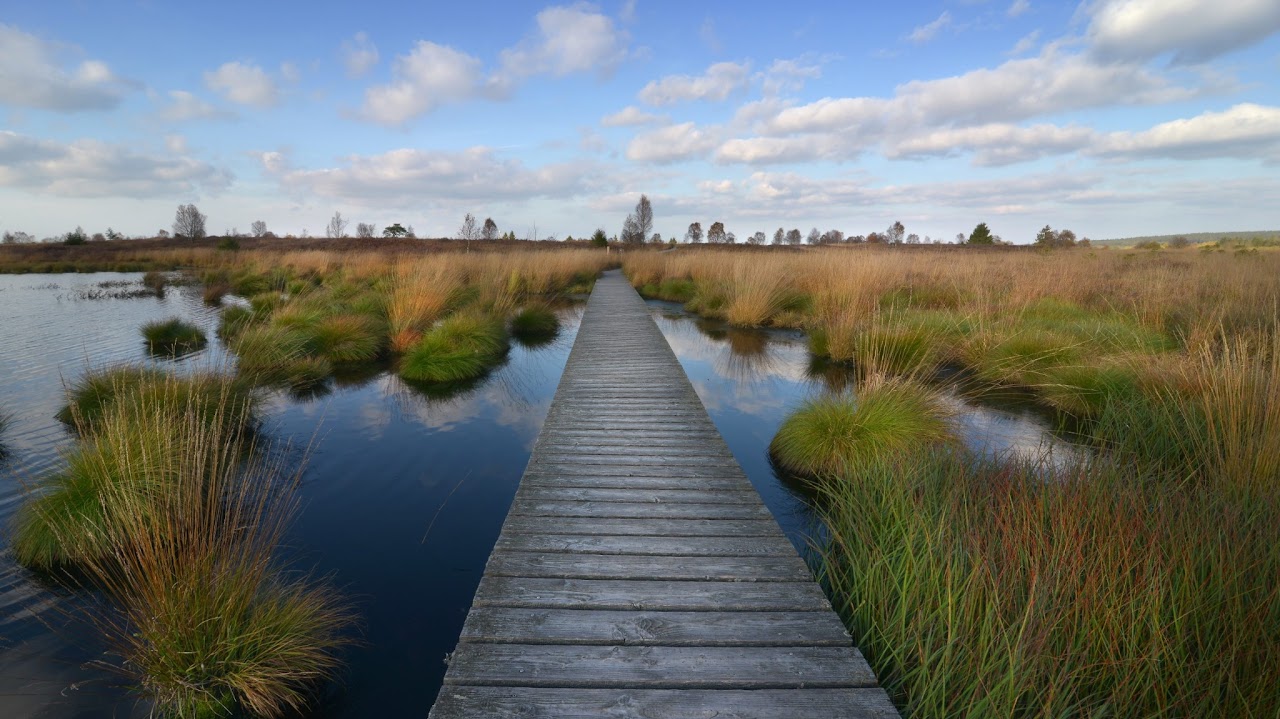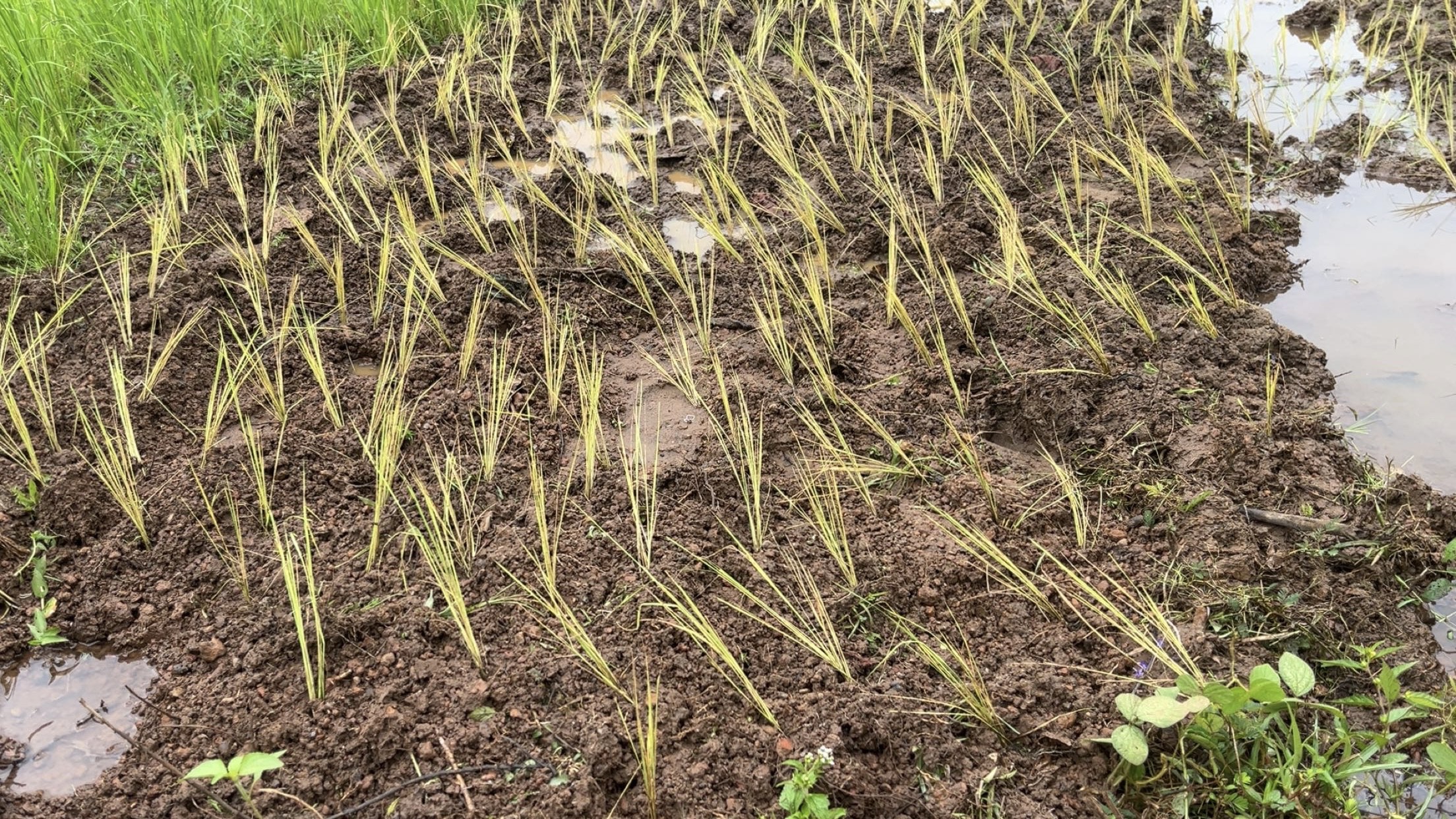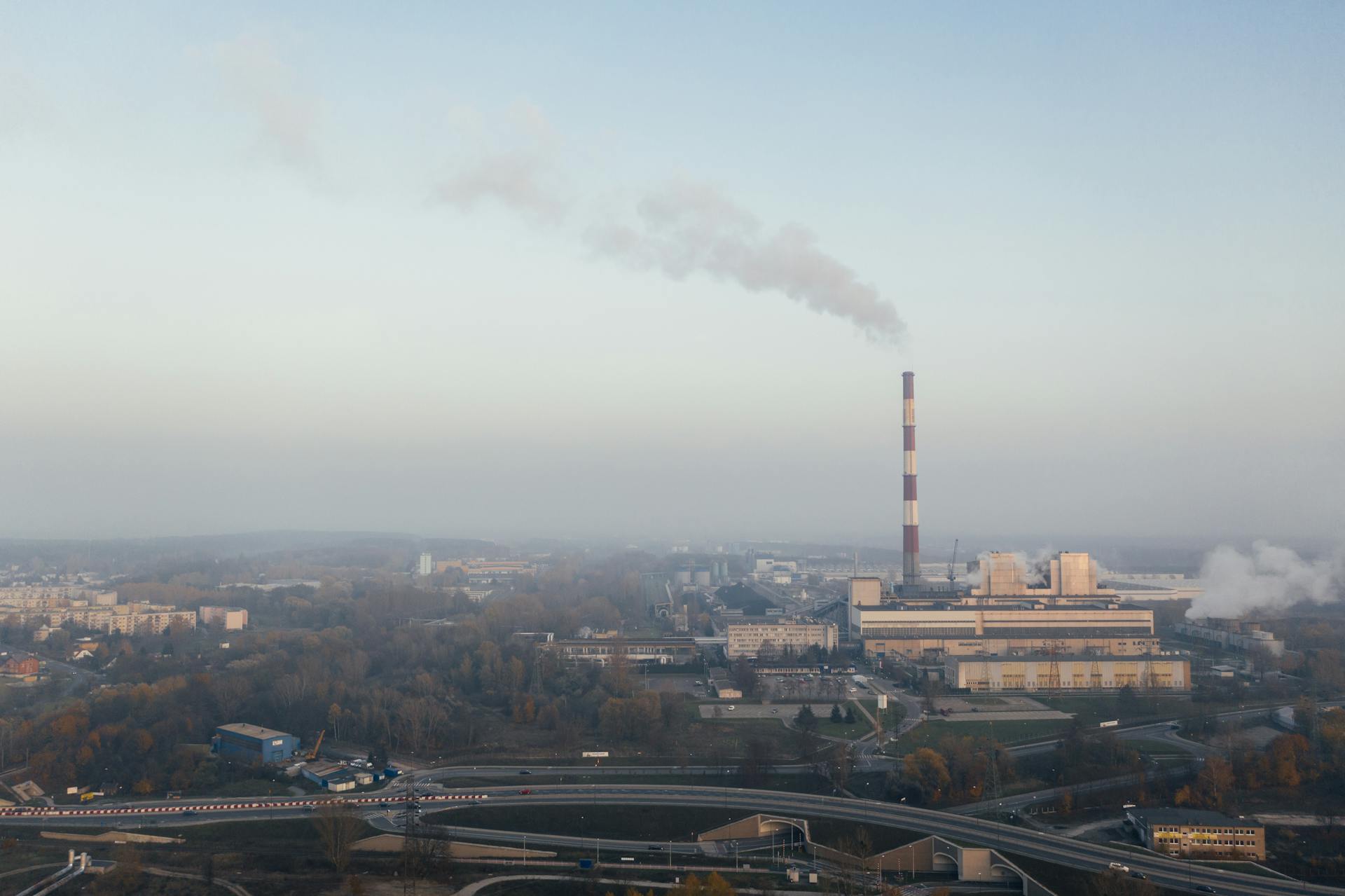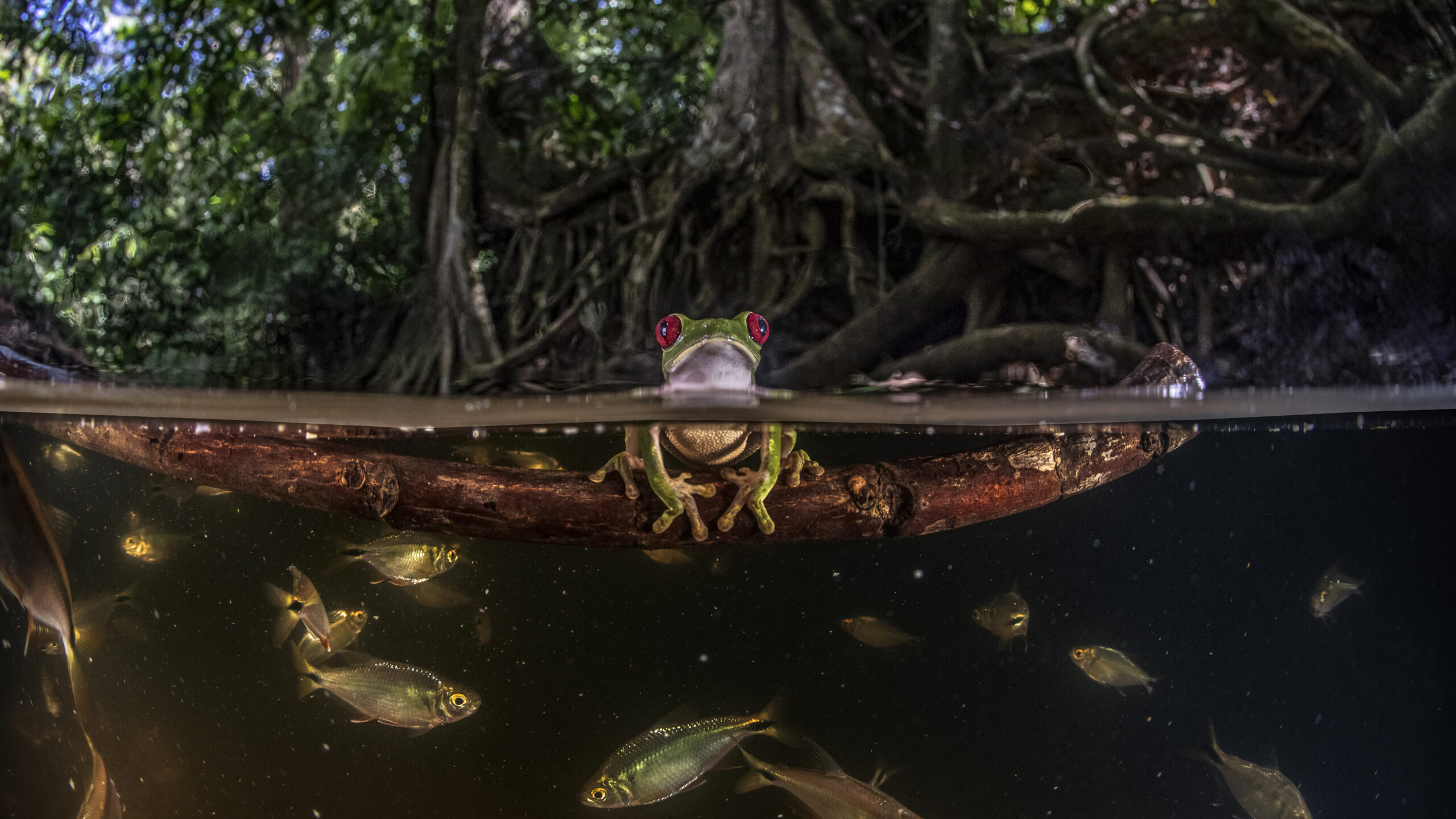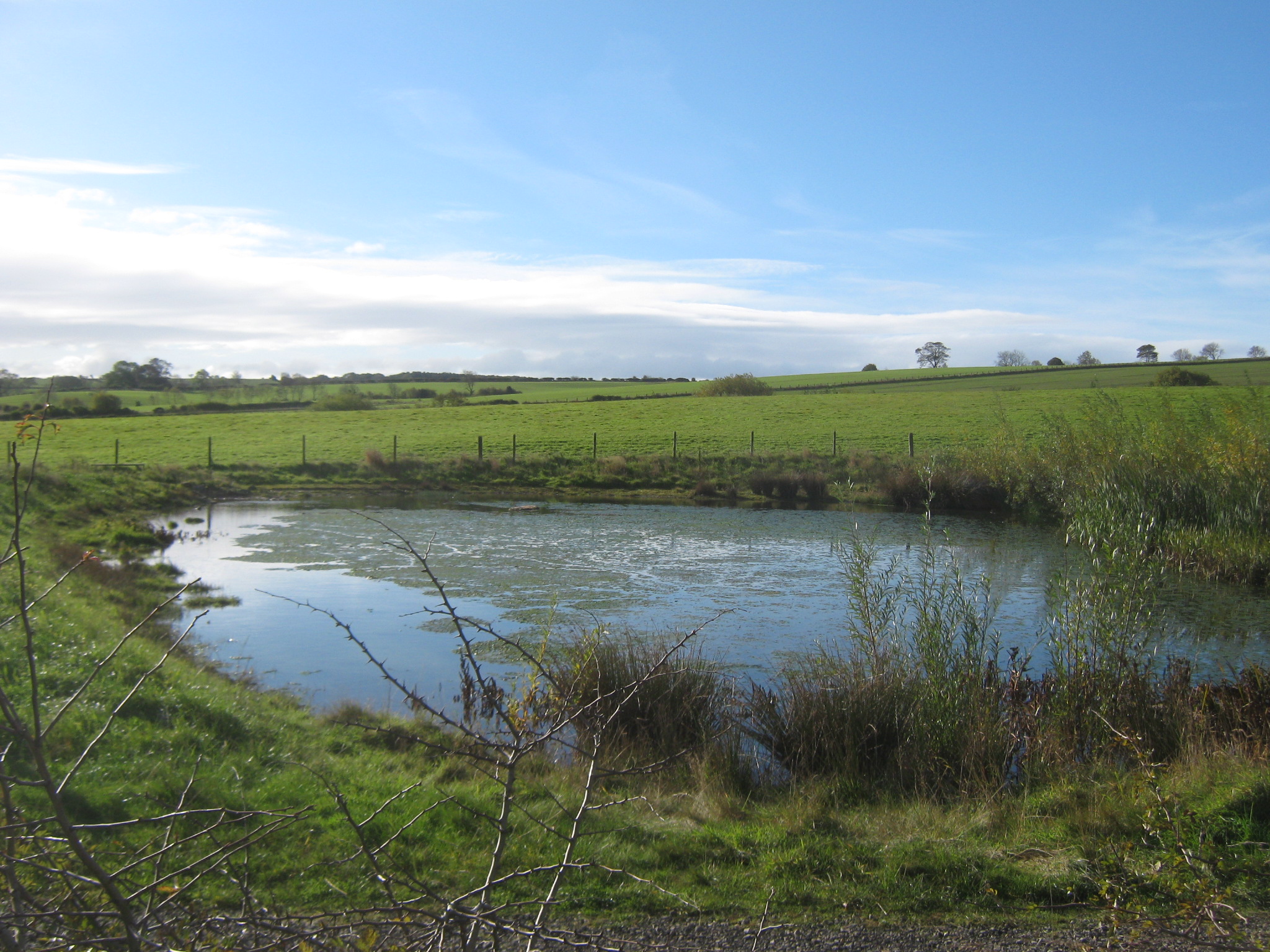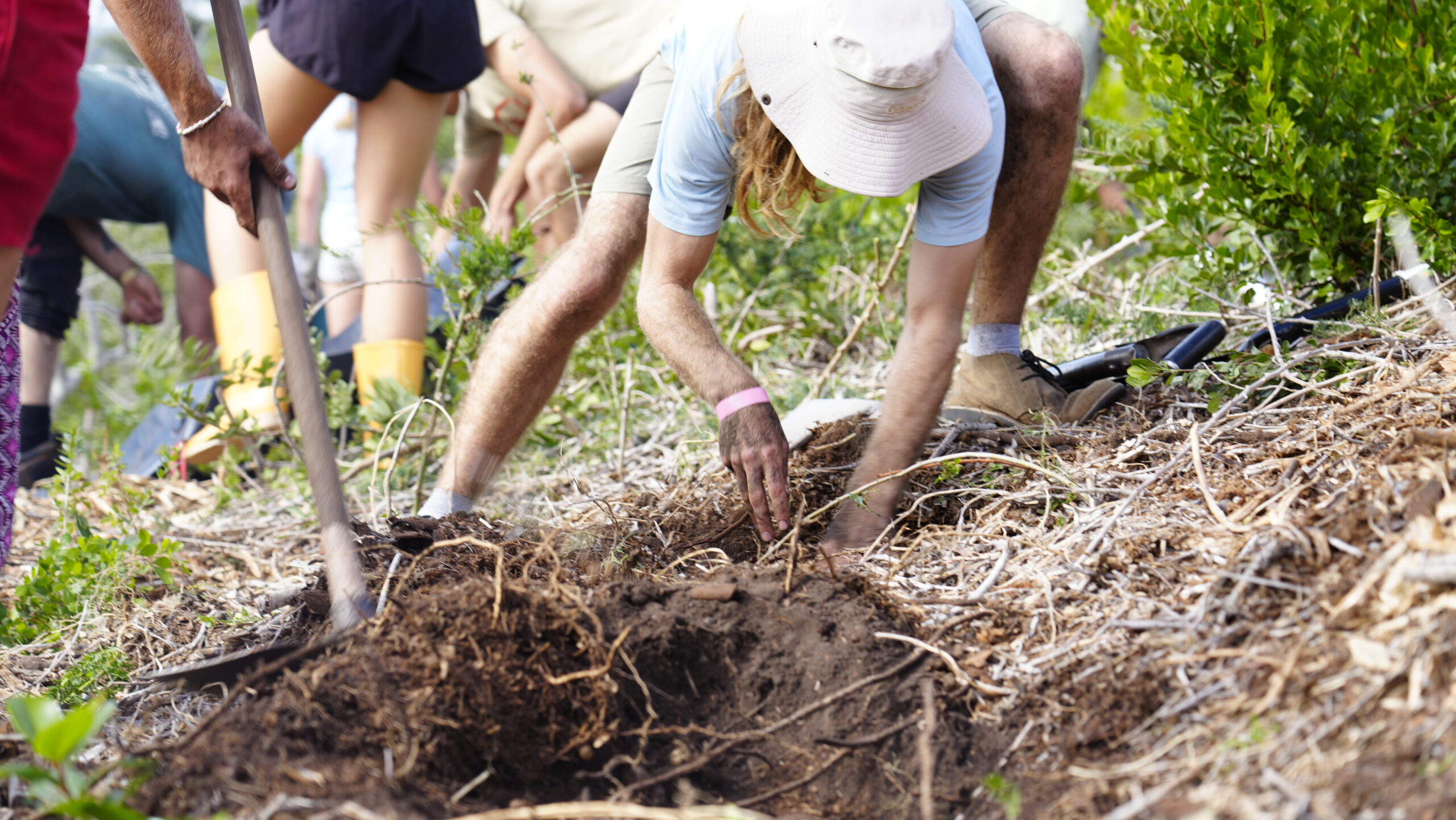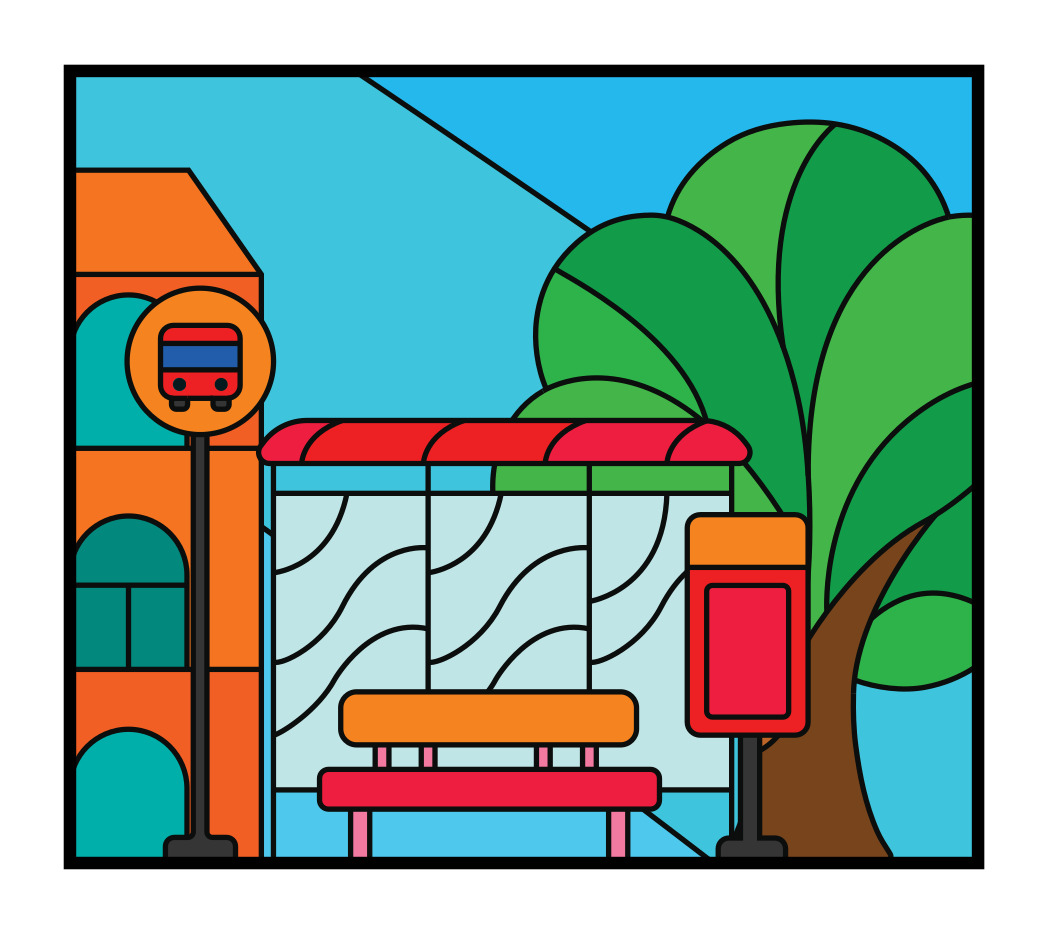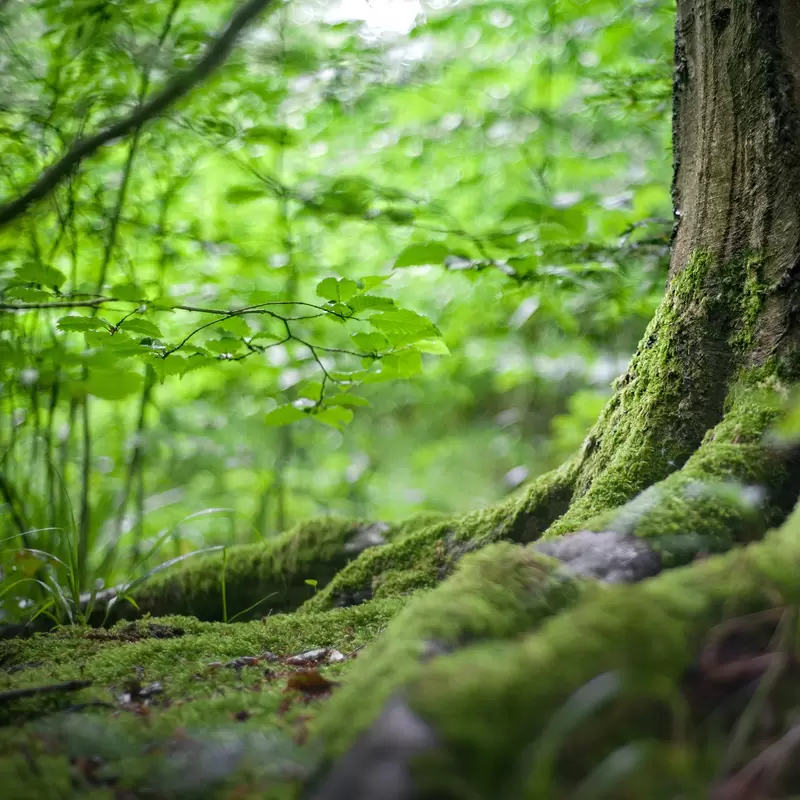When YECOs meet: from Benin to India to Mali — a shared story of growth
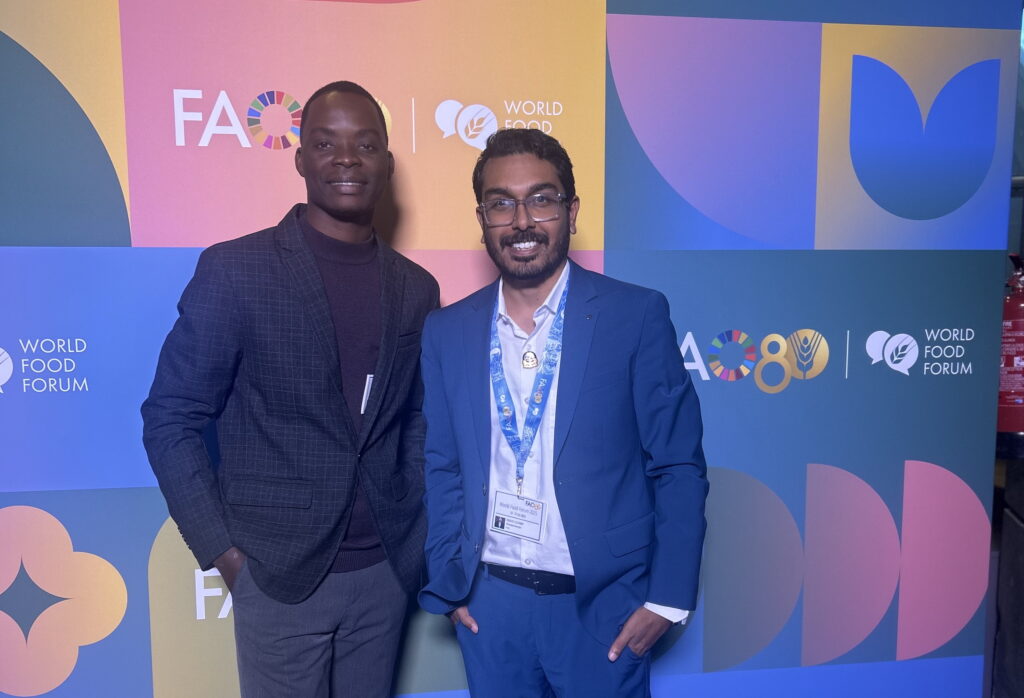
YECOS at FAO World Food Forum in Rome
Photo credit: Sourabh Sinde
Sometimes, the best part of a global event isn’t on stage. It’s who you meet in the hallway.
Christian Adoh from Benin, Sourabh Sathya Sindhe from India and Rokiatou Traoré from Mali. They represent different cultures, climates and business models — yet their missions felt like pieces of the same puzzle: restoring land, rethinking food systems and building sustainable livelihoods.
Sourabh Sathya Sindhe from India and Rokiatou Traoré from Mali, three YECO alumni, crossed paths for the first time at the FAO World Food Forum in Rome this month. They represent different cultures, climates and business models — yet their missions felt like pieces of the same puzzle: restoring land, rethinking food systems and building sustainable livelihoods.

YECOS at FAO World Food Forum in Rome. Source: LinkedIn Sourabh Sindhe.
Christian leads Bio Planet TMC Ltd, which turns organic waste into biofertilizers. The goal is simple: help smallholder farmers grow more food while rebuilding soil health and reducing the dependence on chemicals.
YECO helped to sharpen the model and opened doors to partners back home. Now, Bio Planet is working with cooperatives and development actors to bring the solution to more fields across Benin.
Sourabh co-founded Organic Microgreens (OMG) in India. His team builds Nature Labs in Schools that convert empty classrooms into small, living ecosystems. Students grow microgreens, compost waste and learn how soil, water and biodiversity connect.
More than 70 labs are already running. They are reaching over 100,000 students and training hundreds of teachers in sustainability education. The model is built on the assumption that restoration starts with mindset and spreads through practice.
In Mali, Rokiatou’s Herou Alliance focuses on women farmers in dryland areas. The Start-Up combines access to organic fertilizers with practical training and land-restoration techniques tailored to local conditions.
As soil fertility improves, so do yields and incomes. The result is resilience — ecological and economic — built from the ground up.
The meeting of the three YECOs in Rome was more than a coincidence; it is a testament to the global community that YECO is cultivating.
Through YECO, the G20 Global Land Initiative and International Trade Centre are both accelerating youth-led businesses and weaving a network of changemakers who continue collaborating long after the programme ends.
These encounters remind us that restoring land is not only about science and soil; it is also about relationships, learning and a shared purpose. When young innovators meet, ideas multiply and so does hope for a more sustainable future.
